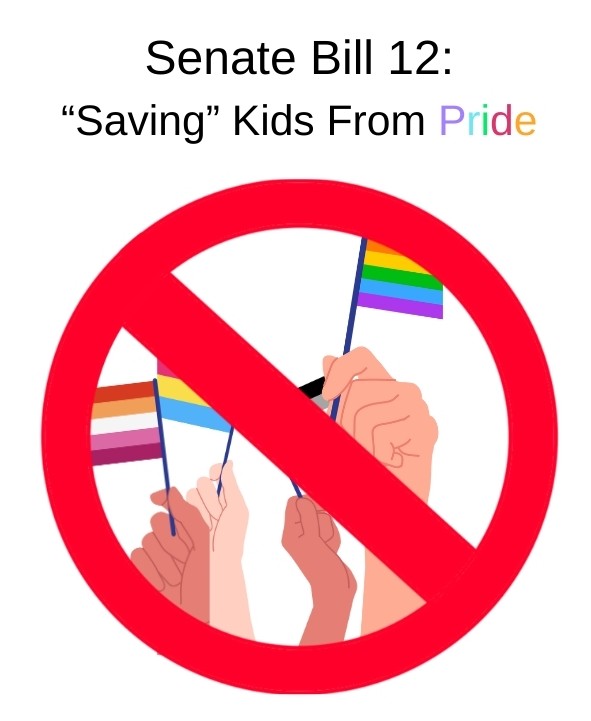What Is The Meaning of Christmas?
According to the National Retail Federation, 93% of people in the U.S celebrate Christmas and the average American spends $997.73 on Christmas.
This monetary amount proves Christmas is capitalistic.
According to The Atlantic, Americans started buying Christmas gifts during
the first half of the 1800s and the traditions have grown ever since. During the Cold
War, the practice of Black Friday started where stores started selling items at cheaper
prices. Black Friday has persisted ever since. This is due to Black Friday being the day
after Thanksgiving and it being in close proximity on the calendar to December. It’s a
good time to go hunting for deals at stores. In 2022, 72 million people shopped on Black
Friday and companies made a profit of $65.3 billion. Many companies start advertising
for Christmas in October. This is to get more Christmas sales earlier.
According to Pew Research Center, 81% of non-Christians celebrate Christmas. In fact Christmas started as a way to convert people in the Pagan religion to Christianity. This holiday is called Yule. When Christians arrived in Scandinavia they told
the Scandinavians that they had to believe in something else. This ended up becoming
Christmas. In a couple hundred years the Puritans came over to the United States (at
that time it was the colonies) and banned Christmas because it was a holiday about
drinking which wasn’t the puritan way. It did end up becoming unbanned but most
sources can’t agree on when. This proves Christmas is about celebrating for the sake of
celebrating because the reason has changed throughout history. Even today, different
people celebrate for different reasons.
Other countries also have capitalistic tendencies at Christmas, such as Germany and its Christmas markets. These markets sell food and drinks along with little
trinkets, like snow globes. Other countries having capitalist traditions like these proves
that Christmas is a capitalist holiday. This helps small businesses in Germany.
According to NPR (National Public Radio), around 5 million Playstation 5s
were sold in December 2022. Other electronics, like TVs, sold around 2 million units
in that same year. The majority of these TVs and Playstations were bought as Christmas
presents. A Playstation 5 costs $500 which is alone around half of the price a person
spends on Christmas presents. This is all to say that people will pay for expensive gifts.
This isn’t just due to the fact that families love each other, it is due to good marketing.
Most stores show the deals they have on offer to draw in more customers.
The majority of the sales numbers show that Christmas is about buying gifts
for people and less about spending time with family because if it wasn’t for the gifts less
people would care to celebrate it. People inherently like spending money on each other
and people from other religions wouldn’t care. The holiday might have not even gone
past the 1800s if not for the strong capitalist elements increasing money for businesses.
Starting in October, store aisles are taken over
with red and green, parents spend hundreds of
dollars to check items off their children’s wish
lists and companies make millions on annual Christmas-themed products, such as Starbucks’ notorious peppermint mocha. For years, families have spent the holiday season
focused on primarily one thing- shopping, especially with the rise of sales around the
holidays including Black Friday and Cyber Monday as well as online shopping.
Though many see Christmas as an opportunity to get and receive gifts, there is
so much more to the holiday than presents and feeding into capitalistic ideas. It is possible to achieve the magic and joy of Christmas without blowing paychecks on gifts.
Throughout history, winter has always been the “season of giving.” In ancient
Rome, Romans would give their thanks to the god of agriculture, Saturn, in a festival
known as Saturnalia every year from Dec. 17 to 23. On Dec. 19, a day known as Sigillaria, Romans would exchange gifts. When Christianity began to rise, they replicated
Saturnalia in a way that reflected Christian values such as the birth of baby Jesus. At the
time Saint Nikolas of Myra, was well known for granting others, especially children,
with gifts. Over time, his character became a well known figure common in European
folk stories under the name of “Saint Nicholas,” which is where the name “Santa Claus’’
originated from. As Christianity spread, so did Christmas, and soon numerous people
from different places participated in gift giving for the Christmas season. As time went
on, both Christianity and the holiday spread. With the rise of industrialization, the idea
of the “American Dream” and the desire to live a luxurious life for those all around the
world, people began to go overboard for Christmas. Practices that were once simple, such
as decorating trees and gift giving, soon became something households went all in for.
Though now Christmas gifts are extravagant and often the main thing those
who celebrate Christmas look forward to during late December, there are many other
practices that bring out the true “holiday spirit.” There is no reason whatsoever that
gifts should be the main focus of Christmas. This in itself takes away the purpose of the
holiday. Going overboard with gifts is harmful for the environment and can make people,
mostly children, believe that gifts are all the holidays are about. Christmas time can be
celebrated with family or friends with the focus on being together and for those who are
Christian focusing on the religious aspects of the holiday. No gift will ever amount to any
memory. In fact, an article published by Finder claims that over $8 billion were wasted on
gifts during the Christmas of 2022. Practicing new traditions that don’t focus on consumerism, but instead focus on family, creates better morals and values for younger children.
Instead of parents spending paychecks on gifts for their children they can spend time
baking, decorating Christmas cookies, watching holiday movies and many other activities with their kids.
Another thing that can be done to spread the holiday love is volunteer work or
donating money that would normally be spent on gifts to those in need. The holidays are
all about bringing everyone together and helping each other. Participating in volunteer
work or community service during the holiday season gives those the most important gift
of all, the gift of giving. Many opportunities, such as participating in a community angel
tree project, are available to give back during the holiday season. The gift of giving can
also be expressed through hand made gifts which are much more personal and close to
the heart than anything money can buy.
It is no doubt that consumerism has shifted the focus of Christmas from love
and togetherness to gifts and price tags. However, there is still magic in the holidays, you
just have to look for it. Participating in holiday traditions that avoid blowing money on
presents that will end up wasted will result in better morals as well as better financial situations for families across the globe. The holidays are about love and family, not the latest
trending products.










